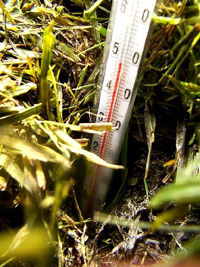Pharmacological effects of urine and stool in Chinese Medicine
Ancient scholars recorded that stool has a bitter taste, a cold property and non-toxic. It is mainly used in virulent heat and delirium conditions. According to Compendium of Materia Medica (ben cao gang mu), the major therapeutic indications of stool are:
 Human excretions are cold in properties and can be used to treat special heat conditions.
Human excretions are cold in properties and can be used to treat special heat conditions.- Bone heat syndrome: a disharmony due to a yin vacuity with internal heat , which is characterized by hectic fever, night sweats, dyspnea (difficulty in breathing), chest oppression, general weakness, insomnia, hot sensations in the palms and yellow or reddish urine.
- Disease relapse due to overstrain: the recurrence occurring in the early stage of disease recovery when the body's resistance is not yet restored or the pathogens have not yet been expelled entirely from the body.
- Swollen and painful conditions
- Carbuncles on the back: a kind of sore that usually has several openings through which pus is discharged.
Urine is salty in taste, cold in property and non-toxic. The urine from a boy is thought to be most appropriate for therapy. The famous physician Zhu Zhenheng (1281∼1358 AD) described urine as "the fastest fire reducing agent." According to Compendium of Materia Medica (ben cao gang mu), the major therapeutic indications of urine are:
- Headaches
- Consumptive diseases that appear fever and blood spitting
- Cough and difficulty in breathing due to retention of sputum: the air passage being obstructed by phlegm and dampness evils invading the lungs. The cough is usually productive and sticky in nature.
- Trauma which has developed blood stasis.
- Promoting urination and defecation.
- Promoting body fluid production and alleviating thirst. (Often we have heard of outdoor sporting persons who have drunk their own urine to prevent dehydration when water is not available.)


